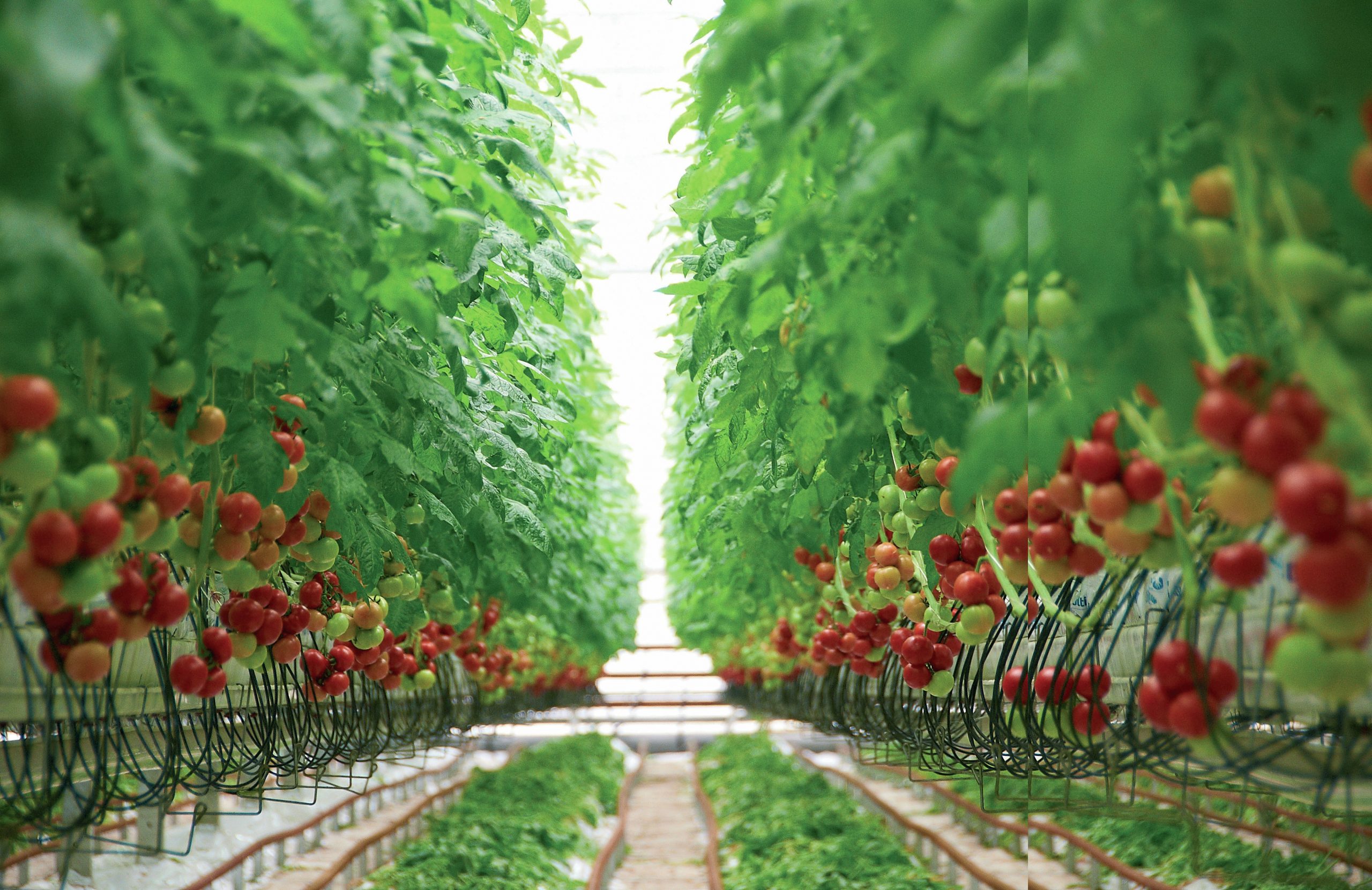
Sugar beet is a major crop in eastern England and the British Sugar beet factory at Wissington is the largest in Europe (Figure 1). Apart from producing sugar the refining process also converts much of the waste into other products. For example, as the sugar beet (a root vegetable) is cleaned, the stones and soil that are washed off are recycled for use in building materials and landscaping. The beet pulp left after extraction of the sugar is converted into animal feed. Electricity is also generated by a combined heat and power (CHP) plant.
You must be thinking by now ‘what has this to do with tomatoes?’ Cornerways Nursery, also owned by British Sugar, is connected to the Wissington sugar refinery by nearly 400 km of water and gas pipes. It grows around 140 million ‘eco-friendly’ tomatoes a year using some of the waste products from the factory.
Your organisation does not have access to this article.
Sign up today to give your students the edge they need to achieve their best grades with subject expertise
Subscribe




